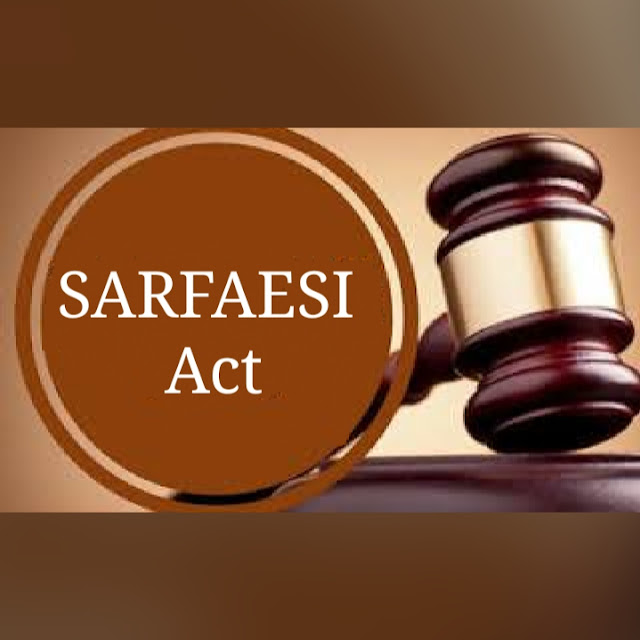SARFAESI Act
Securitisation and Reconstruction of Financial Assets and Enforcement of Security Interest Act (SARFAESI Act) was enforced in 2002. The act was framed in order to address the problem of Non-Performing Assets (NPAs).
Securitisation- It is the process of conversion of existing laons into marketable securities by Asset Reconstruction Companies (ARCs) through issue of security receipts (bonds).
Asset Reconstruction- It implies conversion of bad assets or NPAs into performing assets. A simple example- If a loan of RS 20lakh was issued for 5 years and a person is unable to pay then he may be asked to pay it within 10years of issue date i.e extension of 5 more years.
The ARCs can acquire financial assets(NPAs) from banks and try to recover dues through measures such as-
-Proper management of business of the borrower
-Sales or lease of a part of whole business
-Entering into settlements
Enforcement of Security Interest (ESI)- ARCs can seize the supported asset.
Thus, SARFAESI Act provides procedure for registration and regulation of ARC for securitization, asset reconstruction and enforcement of security interest.
However it is not applicable to
- Any security interest created in agricultural land.
- Any case in which amount due is less than 20% of principal amount and interest.
- Any security interest for security repayment of any financial assets less than one lakh rupees.
(Above exceptions makes one ponder!)
Scheduled Commercial Banks were included under this Act. Cooperative banks weren't. Since 2003, petitions were being filed. After 17years, in May 2020, a five judge constitutional bench of Supreme Court held that Cooperative Banks can use SARFAESI Act for recovery of debts from its defaulters. It further clarified that Cooperative Banks established under a state law or multi-state level societies fall within the ambit of the Act.
On a lighter note,
' SARFAESI की तमन्ना १७ साल बाद पूरी हुई।
-Cooperative Banks '

No comments :
Post a Comment